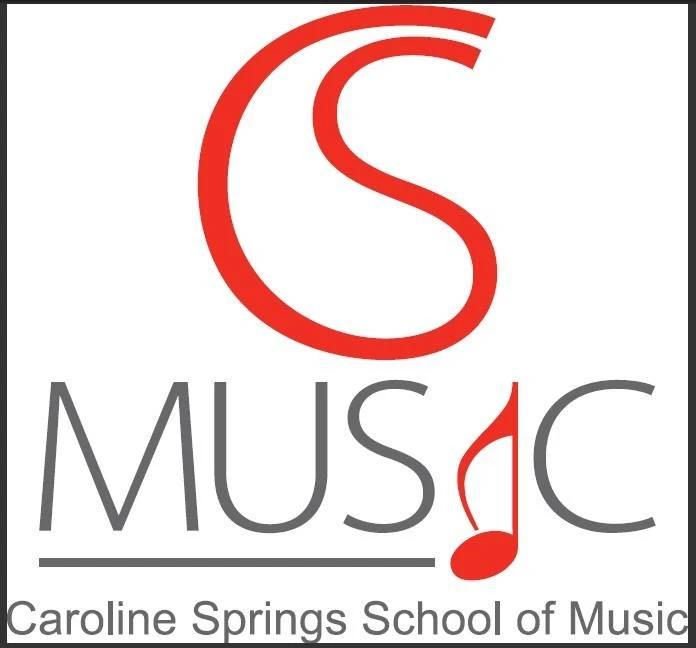Tips to encourage your child to practice playing a musical instrument
It never ceases to amaze me how much difficulty some parents find in encouraging their child to practice playing a musical instrument.
Very few younger aged students will practice of their own volition. Not many five year old kids will say to their parents “Now please excuse me, I am about to head into my room to practice the piano for the next hour or two”.
However, we have found that the more actively parents are involved, the more the child will feel there is a reason to practice.
These are some practical tips to help you encourage your child to practice playing a musical instrument:
Very few younger aged students will practice of their own volition. Not many five year old kids will say to their parents “Now please excuse me, I am about to head into my room to practice the piano for the next hour or two”.
However, we have found that the more actively parents are involved, the more the child will feel there is a reason to practice.
These are some practical tips to help you encourage your child to practice playing a musical instrument:

- It can be a good idea to refer to practicing, as ‘playing’. Children prefer to 'play' rather than 'practice'. Play sounds like fun; whereas practice sounds like hard work. You can also help to make it fun for them - for example, playing games with flash cards for simple music theory is a great way to involve yourself in your child’s music education.
- When you watch your child practice always praise them for their efforts, encourage them by applauding and ask them to take a bow at the end. Avoid scolding a child for making mistakes - playing a wrong note here and there is a very important part of the learning process. Perfectionism is a dangerous and usually counterproductive trait in musicians.
- We encourage as much active participation by parents as possible in practice sessions, although it is always good to let your child practice by themselves as well. Your child should feel free to explore the music in their own time and without always having the pressure of an audience.
- It is a good idea to get into a routine where practice takes place at a specific time of day. Soon it will become a habit that is easily maintained. Most people (including kids) function better to routines. We have found that younger students tend to have more productive practice sessions earlier in the day - try to schedule some regular practice before they go to school.
- It can be a good idea not to have a clock in the room. Because if you say "Practice for an hour”, your child may be more conscious of the clock than the music. It can be better to allow practice sessions to be more organic while remaining a sufficient length to cover the work at hand.
- Expose your child to inspiring music by the greatest exponents of their chosen musical instrument. Always remind your child that they are improving all the time, the more they play the better they are sounding. Every master musician was once a beginner who could not play a note. Positive reinforcement is paramount. Keep telling your child how great they are because they really are! If you don’t believe in them who will?
- As always please feel free to call or email if you require help in this area or anything else on your musical journey.
For more tips and information about helping your child to practice, please contact the contributor of this article.


